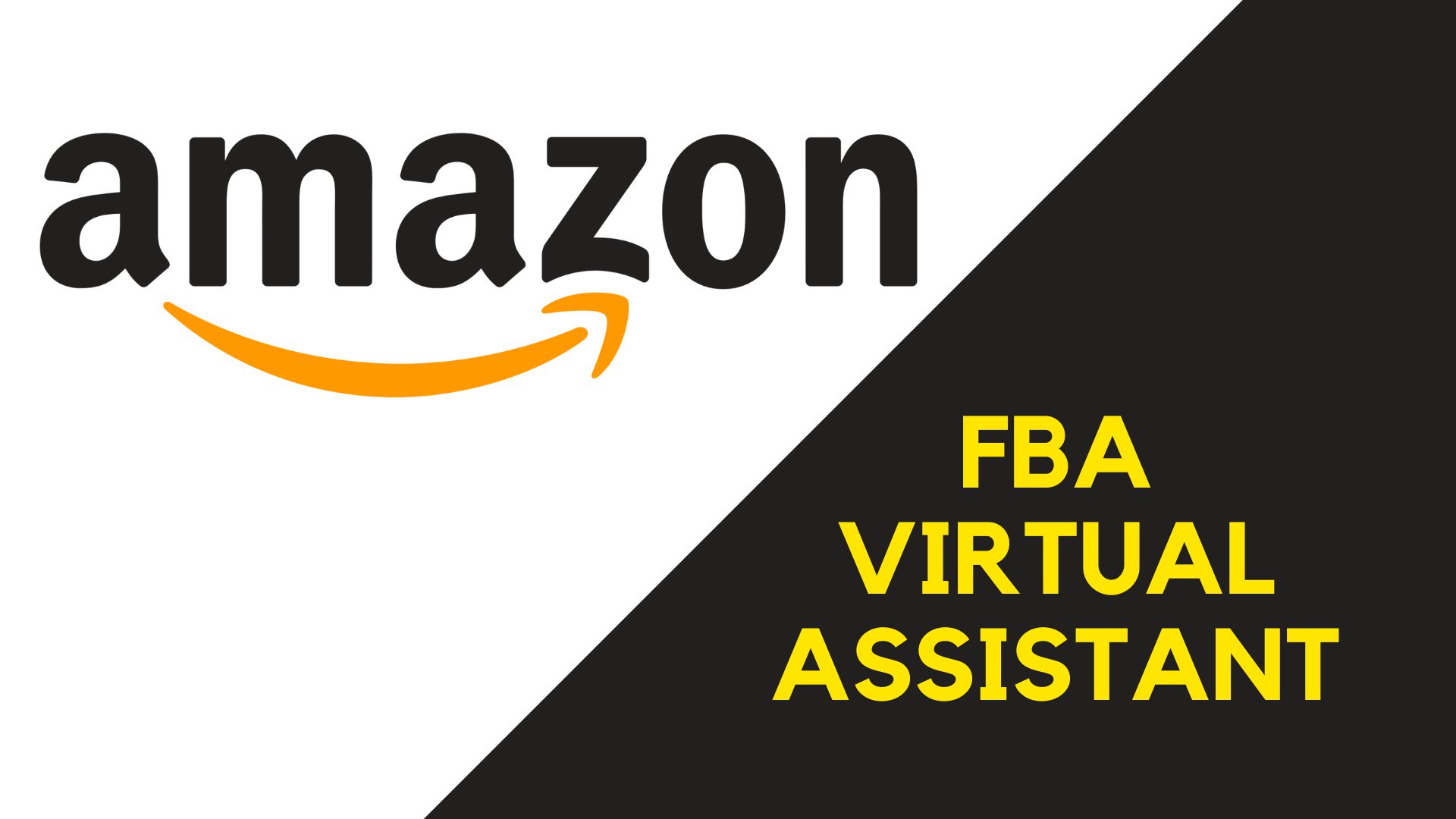If you’re planning to grow your business, you’ll need to hire new staff. And your approach to doing this will set the tone for your company. There are two roads you can take, outsourcing or in-house hiring. Both plans have their pros and cons, and your choice will ultimately rest on your vision for your business.
What is Outsourcing?
When you start expanding your business, a lot of new positions will open up. One way to deal with this is through outsourcing. This is when you hire a third party to do a job or perform a service, and there’s a couple of ways to outsource.
The second is to outsource a specific task or project. So, you keep an in-house team for your core business and hire outsiders to handle less important stuff. That way, your employees are free to focus on your company’s growth or more impactful tasks.
Either way, your goal is to save resources in one area so you can prioritize another. Its ability to provide financial leeway and push growth is why outsourcing is so popular.
Pros:
1. Saves money
The biggest direct benefit of outsourcing staff is that it saves money. So, you spend less on salaries, benefits, equipment, office space, and bonuses. But your goal isn’t to save pennies, it’s to grow your company. When you save money in one area, you can spend it on another, whether that’s expansion, marketing, or product development. If you want to start playing in the big leagues, you need to outsource minor tasks.
2. Reduces workload
If you want your business to grow, you need to maximize productivity in the workplace. This cannot happen if your employees are spread thin, doing a dozen tasks. When you outsource some of this workload, you give them the room to focus on their primary tasks. As a result, they work better with more focus, and your company grows.
3. Provides higher quality of work
Often outsourcing is simply the smarter choice because it provides a higher quality of work. When you have a single receptionist fielding client calls or one mid-level accountant stuck in a back room, you’re going to get mediocre work. On the other hand, if you outsourced this to a company dedicated to that task, you’d get better service for less money.
4. Promotes flexibility and innovation
Outsourcing offers flexible and creative ways to improve your service. Take that concept of offshoring. This is when you hire remote workers from a different part of the world. Since you aren’t limited to your area, you get to pick from a bigger pool of qualified candidates. Some of whom are from countries where you can hire at lower rates.
But, there are also other benefits. One creative solution can be to outsource customer service to two offshore companies in different time zones. That way, you get 24/7 expert service at a great rate.
Cons:
1. Company branding
The biggest con of outsourcing is that a third-party company is not in touch with your brand image. This can water down the image you want to portray to your customers.
2. Security risk
If you outsource work, you risk data breaches and legal trouble. This is doubly true if you are trusting them with client identities and banking info. So, you need to run detailed checks before you go this route.
What is In-House Hiring?
In-House hiring is the usual route of hiring a full-time employee who works out of your company office and is on your payroll. While many companies are choosing to outsource work, in-house employees are still the norm.
Pros:
1. Full-time workers
Your in-house employees work for you round the clock. That means they are always available to work and discuss issues. With outsourced work, you’re working on someone else’s schedule. And you have no guarantee that your work is a priority for them. That isn’t the case for in-house workers who are reliable and dedicated members of your team. You can count on an in-house team to work tirelessly for your company.
2. Safety and a shared vision
Most in-house employees work at the same company for a long time. That means they understand your brand and vision for your business. They are also deeply aware of the kind of work you want and the image you want to present to clients. Having a team of in-house employees creates a safe space where workers can share ideas and contribute meaningfully. In-house employees are more invested in their workplace.
3. No risk of data leaks
Since all data is restricted to the office and a team of in-house workers, there is no risk of a data leak. Any confidential information is on the company server and thus secure.
Cons:
1. Smaller pool of applicants
When hiring in-house, you have access to a smaller pool of applicants. So, you’re forced to hire less qualified individuals at a high rate. This affects your company’s quality of work because you could have outsourced the job and gotten an expert at the same expense.
2. Higher costs
The biggest con for in-house hiring is the expense. You aren’t just paying salaries to the employees. You also have to offer insurance, medical benefits, 401k plans, sick leave, etc. Additionally, certain posts may also require expensive equipment or software.
Final Verdict
Overall, it may be worth your while to outsource at least part of your work. Especially if you are looking to grow your company and need to reallocate funds. Also, you can hire part-time experts to do certain jobs more effectively. You can still keep a separate in-house team to further your vision and goals for your company. By only hiring in-house for core functions, you can maximize the productivity of your office








